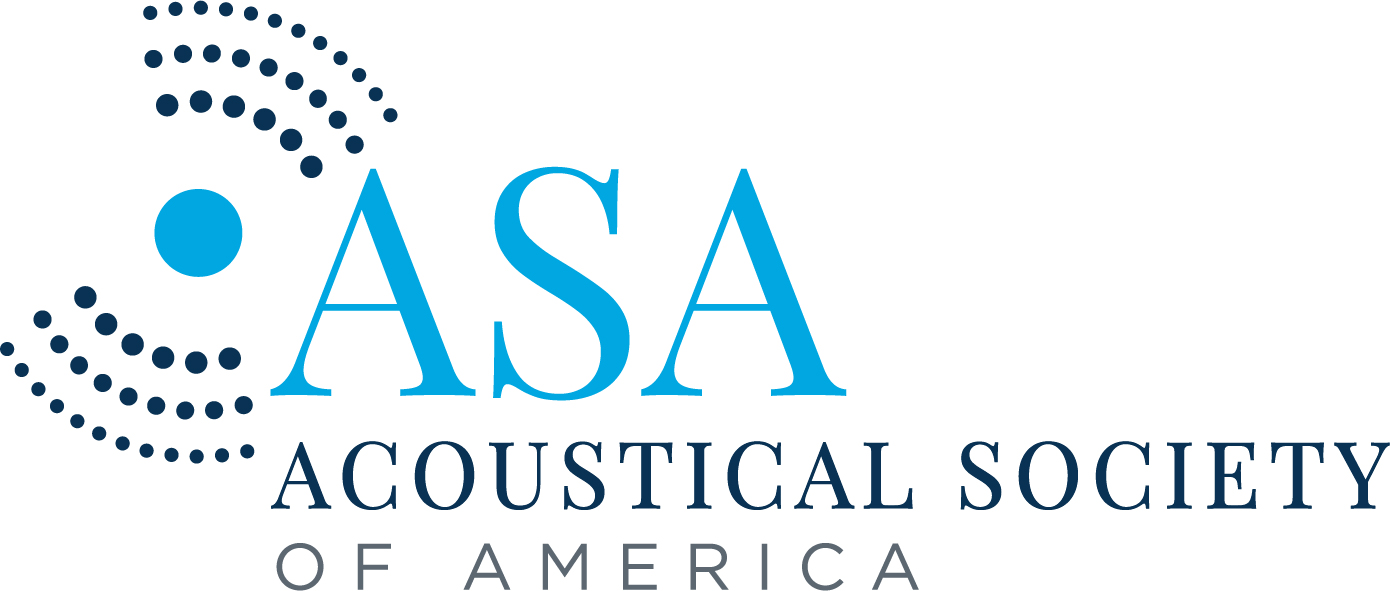Sounding Off on Seattle Space Needle Renovation
Acoustic designers consulted to prevent noisy viewing deck, mechanics
Media Contact:
Larry Frum
AIP Media
301-209-3090
media@aip.org
SEATTLE, December 2, 2021 – The Seattle Space Needle, a city landmark for nearly 60 years, recently underwent a renovation to enhance the visitor experience. Acoustic designers were tasked with ensuring that the new design is a quiet one.
During the 181st Meeting of the Acoustical Society of America, which will be held Nov. 29 to Dec. 3, Daniel Bruck and Jaimie Penzell, from BRC Acoustics, will discuss how the Seattle Space Needle renovation incorporated acoustic designs targeted toward limiting unnecessary sound transmission. The talk, “The Seattle Space Needle renovation: Acoustical design considerations and challenges at 600 feet above ground level,” will take place Thursday, Dec. 2, at 12:55 p.m. Eastern U.S.
The Seattle Space Needle is one of the most recognizable landmarks in North America, having had 60 million visitors since it opened in 1962. In late 2017, a renovation project titled “The Century Project” began, developing the tower’s internal structure, while expanding and improving its views.
Bruck and his team developed the acoustical design criteria for the renovation project, enhancing future visitor experience.
The needle revamp has an improved observation deck with 360 degrees of uninterrupted views of Seattle and the surrounding area, as well as The Loupe – the world’s first and only rotating glass floor restaurant.
“Acoustical materials were selected to complement the architectural concept for the spaces and provide effective reverberant sound control,” said Bruck. “Particular areas for design were the observation levels, which was noisy during high visitor periods, and the restaurant. Sound isolation between the two was also an important component.”
Mechanical system noise control was an essential consideration, as the newly installed revolving floor mechanism requires 12 motors to operate 37 tons of weight.
“The original building from 1962 was not designed for modern equipment, and there was absolutely no room to expand the footprint of the mechanical rooms,” said Bruck. “The machinery and system were completely redesigned to provide an innovative approach to moving the rotating floor reliably into the future.”
———————– MORE MEETING INFORMATION ———————–
USEFUL LINKS
Main meeting website: https://acousticalsociety.org/asa-meetings/
Technical program: https://eventpilotadmin.com/web/planner.php?id=ASAFALL21
Press Room: https://acoustics.org/world-wide-press-room/
WORLDWIDE PRESS ROOM
In the coming weeks, ASA’s Worldwide Press Room will be updated with additional tips on dozens of newsworthy stories and with lay language papers, which are 300 to 500 word summaries of presentations written by scientists for a general audience and accompanied by photos, audio and video. You can visit the site during the meeting at https://acoustics.org/world-wide-press-room/.
PRESS REGISTRATION
We will grant free registration to credentialed journalists and professional freelance journalists. If you are a reporter and would like to attend, contact AIP Media Services at media@aip.org. For urgent requests, staff at media@aip.org can also help with setting up interviews and obtaining images, sound clips, or background information.
ABOUT THE ACOUSTICAL SOCIETY OF AMERICA
The Acoustical Society of America (ASA) is the premier international scientific society in acoustics devoted to the science and technology of sound. Its 7,000 members worldwide represent a broad spectrum of the study of acoustics. ASA publications include The Journal of the Acoustical Society of America (the world’s leading journal on acoustics), JASA Express Letters, Proceedings of Meetings on Acoustics, Acoustics Today magazine, books, and standards on acoustics. The society also holds two major scientific meetings each year. See https://acousticalsociety.org/.
